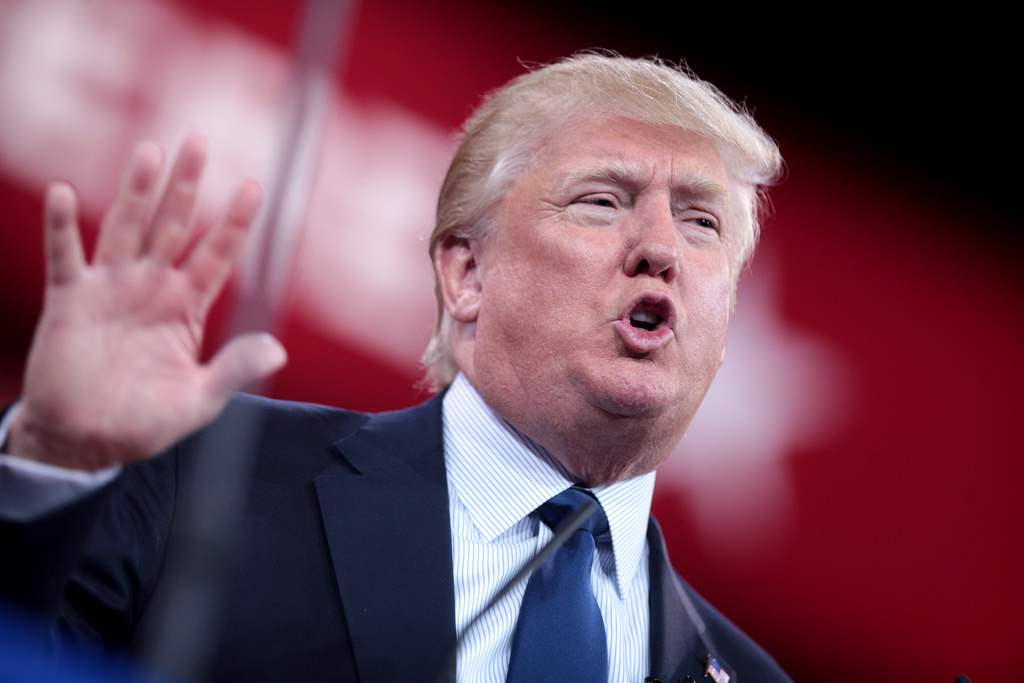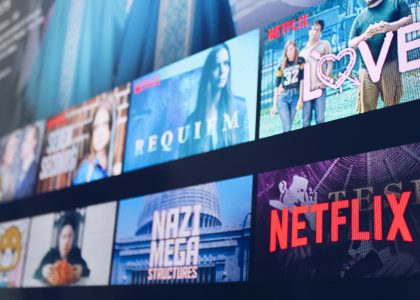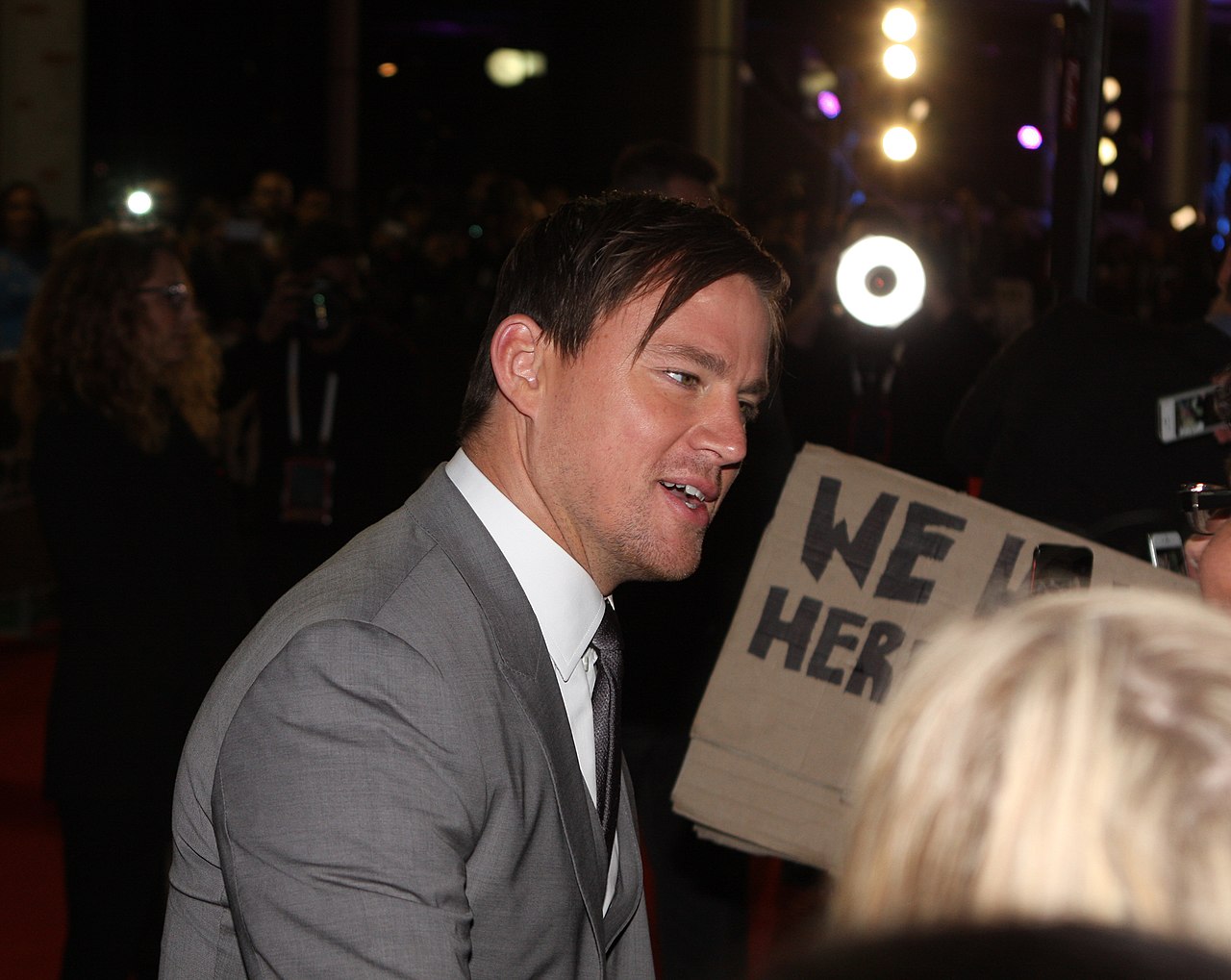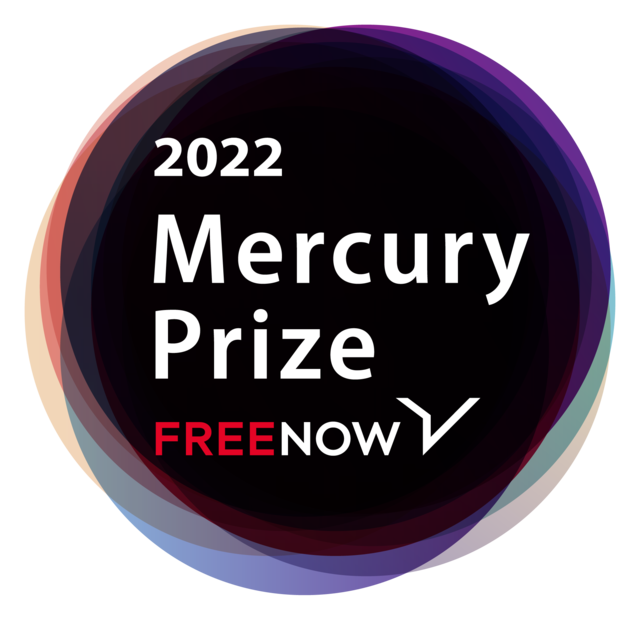The controversy engendered by Donald Trump’s music choices during his political campaigning sheds light on the issue of copyright’s moral rights which this piece will address in order to assess what rights, if any, artists have over their work being used for such purposes, argues Nick Scharf.
The recent controversy surrounding Donald Trump’s use of ‘All Right Now’, by the British band Free, is not the first time the tycoon-turned- politician has upset musicians with his choice of campaign music. Indeed, the list of artists he has previously upset in this context makes impressive reading. The likes of Adele, Aerosmith and REM and the Rolling Stones have all objected to their music being used during his Republican Party campaigns. Musicians and artists may very well complain about this, but they are not always in a position to stop such uses, aside from issuing public statements expressing their outrage. The question that this piece will address is whether or not they have any legal recourse to prevent this? This issue sheds light on an important yet often overlooked aspect of copyright law: moral rights. These protect an author’s non-financial interests in their work that are distinct from the economic rights of reproduction etc. that the owner, or rightsholder, can exercise. The issue is important because it is usually the artists’ record label that owns and exercises these economic rights, but the position of the artists themselves is much less clear when it comes to the use of their work under the moral rights of copyright law.
There’s a fire starting in my heart, Reaching for a fever pitch, it’s bringing me out the dark
(Adele- Rolling in the Deep)

Source:
https://upload.wikimedia.org/wikipedia/commons/thumb/f/f3/Adele_-_Live_2016,_Glasgow_SSE_Hydro_03.jpg/3000px-Adele_-_Live_2016,_Glasgow_SSE_Hydro_03.jpg
Copyright law makes a distinction between authorship and ownership of protected subject matter. Under section 11 of the Copyright, Designs and Patents Act (CDPA) 1988, the author (i.e. creator) or a work is regarded as the first owner of a work and it is the owner who is then granted so-called economic rights under section 16 which allows them to exploit the work, or authorise third parties to do so. In the music industry, it is commonplace for artists (as authors) to assign their ownership rights to the record label which is better-placed to record and subsequently exploit the sound recordings.
However, authors always retain moral rights in what they have created. These protect an author’s non-financial interests and are generally seen as representative of the strongly European approach focussing on a deontological justification of copyright law. Essentially, they reflect the particular relationship, or bond, that a creator has with the work(s) that they create. In the UK, these are reflected in sections 77-84 of the CDPA. Specifically, these sections grant the author the right to object to ‘derogatory treatment’ and the right to object to false attribution of a work.
Despite this protection however, it appears that such uses of artists’ sound recordings fall through the gaps that are present in the current framework of moral rights. Self-evidently, the right of false attribution has no relevance here and perversely, the right of attribution is one which the abovementioned artists would quite clearly not wish to assert. This leaves the right to object to the derogatory treatment of their works. Following established case law, this right allows the author to object when there is any addition or alteration to their work (i.e. ‘treatment’) that is ‘prejudicial to their honour or reputation’. Clearly in these instances, their sound recording has not been tampered with and there is no ‘treatment’ as such, however the second issue is nonetheless interesting to consider. There is both a subjective and objective component to determining the issue of what constitutes ‘derogatory’. Subjectivity and understandably, the author themselves must feel that their integrity has been negatively affected. However, this must be supported or justified from an objective viewpoint. The reactions of Free, Adele et al clearly demonstrate their unhappiness, summed up in rather blunt fashion by REM’s Michael Stipe: ” Go fuck yourselves, the lot of you- you sad, attention-grabbing, power-hungry little men…” And it is certainly not beyond the realms of possibility that the public may think that the artists are either associated with or even endorse the politician who uses their music. Clearly, the views expressed by Donald Trump have ben regarded as offensive by many and that may feed through to the artists themselves if a similarly negative association was to be made between them.
Sing with me, sing for the years, sing for the laughter, sing for the tears
(Aerosmith- Dream On)

Source: https://upload.wikimedia.org/wikipedia/commons/a/a2/Aerosmith_4.jpg
So where does this leave artists? Seemingly not in a strong position. They have no legal basis to enforce their economic rights against Donald Trump as they simply do not own the rights to be able to do so. Therefore, their only potential recourse is to moral rights which do not adequately protect against this type of use. Despite the fact that the use of their work may have serious derogatory consequences to them there has not been the necessary ‘treatment’ so as to trigger this right. This leaves complaining vocally as their only course of action; as much to distance themselves and protect their ‘image’ as anything else. However, the dichotomy between moral and economic rights is vast; when the likes of Adele (who has sold over 30 million albums globally and won countless awards, including 10 Grammys) has no legal right of objection under copyright law, the very body of laws that has enabled her success, this reflects a dichotomy in the power-dynamic between artist and rightsholder.
You can’t always get what you want, but if you try sometime you find, you get what you need
(Rolling Stones- You Can’t always Get What You Want)
The gulf between the protection and enforcement of rightsholder-centric economic rights and author-centric moral rights is perhaps reflective of the broader trends in the power-dynamic between artists and record labels, as well as issues pertaining to enforcement in the digital landscape. Economic rights are essentially the basis on which the music industry generates revenue and it is clearly in their best interests to licence their repertoire (for a fee) whenever the opportunity presents itself. Such reasoning also explains the importance they place on enforcing such unauthorised uses of their content and it is this enforcement aspect that has generated headlines since the Napster era of the early 2000s.
The assignment of these ownership rights seemingly places artists at an advantage as they may benefit from an established business model of exploitation, but through the transfer of their ownership rights in their music, they are perhaps at a disadvantage in situations such as these. Unfortunately, the law-making bodies only have ears for the industry and not for individual artists. Is it the end of the world as we know it for artists? Not necessarily, but they sure don’t feel fine.
Image Credit: Wikimedia
Dr Nick Scharf is a lecturer in Intellectual Property (IP) Law at UEA Law School. He graduated from UEA in 2013 with his doctorate and teaches IP across undergraduate and postgraduate modules, as well as being the course director for the LLM in IT and IP. His research interests include digital copyright law, technology and Internet regulation with specific regard to the music industry as well as more generally.





